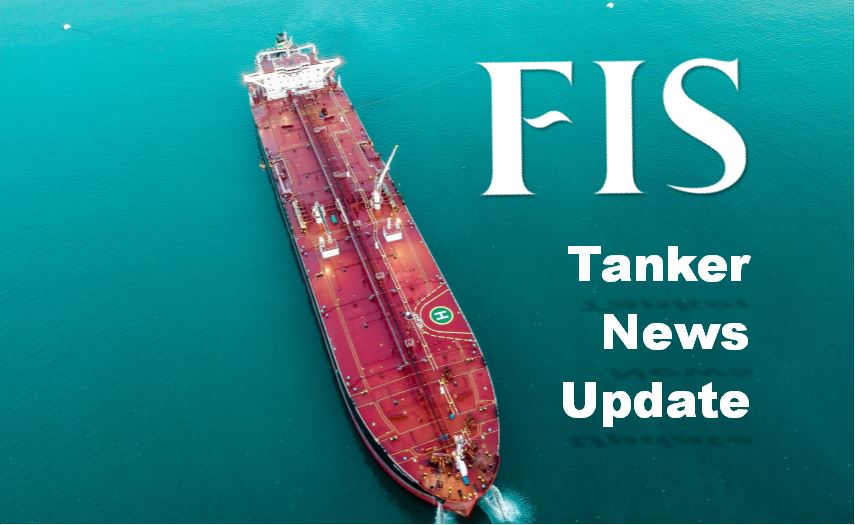*Pirates of the Middle Eastern Gulf
The United Nations Convention for the Law of the Sea (UNCLOS) defines piracy as:
(a) any illegal acts of violence or detention, or any act of depredation, committed for private ends by the crew or the passengers of a private ship or a private aircraft, and directed-
(i) on the high seas, against another ship or aircraft, or against persons or property on board such ship or aircraft;
(ii) against a ship, aircraft, persons or property in a place outside the jurisdiction of any State;
(b) any act of voluntary participation in the operation of a ship or of an aircraft with knowledge of facts making it a pirate ship or aircraft; (c) any act of inciting or of intentionally facilitating an act described in subparagraph (a) or (b).
At the end of last week, the U.S. seized four tankers worth of Iranian gasoline heading for Venezuela, in the Strait of Hormuz. This voyage saw the vessels heading from the Persian Gulf to Venezuela on MR tankers and the now seized cargoes are said to be en-route to a port in Houston. These four Liberian flagged product tankers, the Bella, Bering, Pandi and Luna saw the U.S. seize around 30,000mt of CPP per tanker, for a total of nearly 1.2mmbl worth an estimated $55m. This seizure was in line with the US sanctions against Tehran, and it is said by U.S. officials no military enforcement was used and the transfers took place by ship-to-ship transfers in the Strait of Hormuz. The start of this week saw Iran denying any official involvement, going on to describe the acts from the U.S. as something from “Pirates of the Caribbean” saying “Sadly for them, stolen booty wasn’t Iran’s” going on to slate the U.S. further for their “miserable failure of US diplomatic malpractice”
In retaliation, Iran in the days after the seizure, went on to forcibly board an unrelated ship the Wila, through the use of two military ships and a Sea King Helicopter to recover the same seized gasoline they claimed was not theirs.
In a turn of events, Iran officials recently admitted that in fact the cargoes had been loaded in Iran but neither the physical cargo nor vessels belong to them.
Both the seizure of cargo by the U.S. and the Iranian forcible boarding of Wila could be defined as acts of piracy, as the events show ‘acts of depredation’ and ‘illegal acts of violence’ especially as the vessels are privately owned and not state. These reckless and aggressive acts of behaviour tend to decrease stability and heighten tensions, something not needed in a very sensitive area of the world. The Trump administration has gone on to say they will be holding an event marking the return docking of the confiscated cargos in Houston, much like how Elizabeth I held a banquet in 1951 on the return of Francis Drake on the Golden Hind galleon full of Spanish plunder, awarding him a knighthood for his services thereby granting him Sir Francis Drake, at a time the Spanish called him Pirate El Draque.
This back and forth between Iran and U.S. is not a healthy relationship, especially after less than a month ago the Iranian navy had been using a mock-US Naval vessel as target practice for war games. Once again all eyes will be on the MEG, as charterers and owners will be losing confidence in the regions security and stability as the risk heightens. On paper, the most vulnerable routes originating in MEG ( TC5, TD3c and TD8 ) are the ones most likely to be affected. With TD3c still at record lows (>33WS), there is little room for suppression. Hopefully, tensions don’t increase in the region as TC5 and TD8 are seeing a steady and firm increase in rates from their COVID lows, helping sustain confidence in the forward curves.
